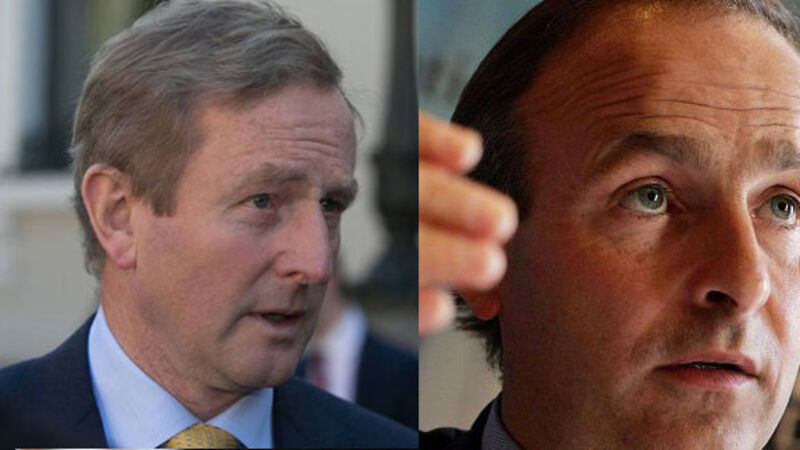In the Middle East, the ultra right ruled successfully with the Labour Party

The populist perception that a coalition between these two bitter political rivals is impossible because of civil war legacy issues tends to dominate grass-roots discourse; the main emphasis of any argument is that these historical divisions would make any co-operation, if it took place, unsustainable, and that it would almost immediately implode.
This position is without nuance; it ignores the realities of 21st century Irish political culture where it is almost impossible to differentiate between the Fine Gael and Fianna Fáil position on political, economic and social policy.











